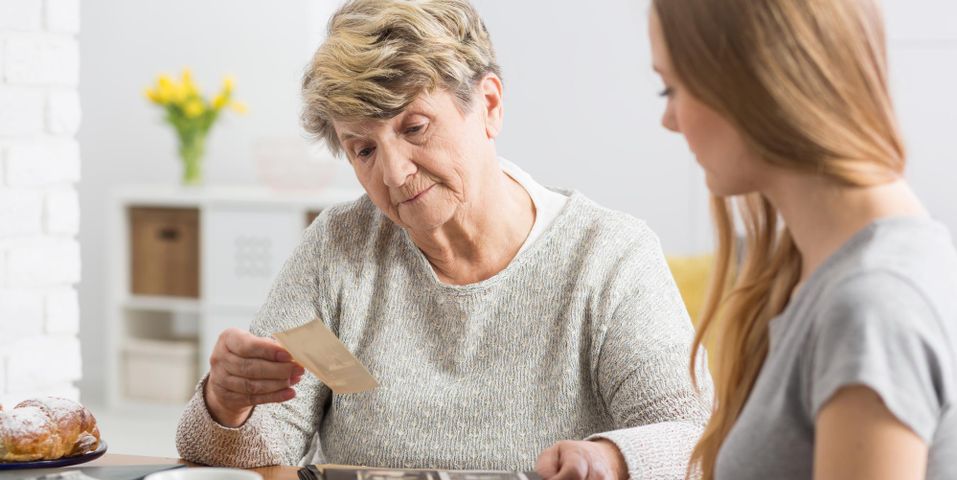
Abuse can happen anywhere, even in elder care facilities. Elder abuse is an issue that merits serious attention because of older adults’ vulnerability. To understand the matter better, and to help identify signs that an older loved one may be experiencing abuse, below are answers to frequently asked questions.
What to Know About Elder Abuse
What is elder abuse?
This term refers to the knowing, intentional, or negligent act that results in serious harm, distress, or risk to older people. It can be in the form of physical, sexual, or psychological abuse, as well as passive neglect, confinement, willful deprivation, or financial exploitation. When left unaddressed, it can result in physical injuries and mental illnesses.
Reports show that 10% of Americans aged 60 and above have suffered some form of abuse.
What are the warning signs?
Often, elder  abuse manifests itself through bruises, abrasions, bleeding, broken bones, and visible injuries on the body. However, you also have to pay attention to red flags like poor hygiene, sudden weight loss, and worsening health that point to neglect in an elder care facility. Changes in behavior, like becoming agitated, violent, or depressed, can indicate possible abuse.
abuse manifests itself through bruises, abrasions, bleeding, broken bones, and visible injuries on the body. However, you also have to pay attention to red flags like poor hygiene, sudden weight loss, and worsening health that point to neglect in an elder care facility. Changes in behavior, like becoming agitated, violent, or depressed, can indicate possible abuse.
Who are the abusers?
The most common perpetrators are those primarily in charge of elder care. It could be the assigned caregiver or a family member. However, there are instances when someone unrelated, like a scammer, abuses an older adult by exploiting their finances or private information.
Why does abuse happen?
Many risk factors contribute to the maltreatment of older adults. For example, social isolation, increased dependence, and mental impairment all present opportunities for abusers.
How do you prevent it?
Elder abuse is preventable if you’re vigilant and aware of the senior’s situation. Once you notice the telltale signs, it’s crucial to report the incident immediately. Law enforcement and authorities will handle the case, starting with investigations.
Before that happens, keep in touch with your elderly family member as much as possible. Being updated on their happenings and activities will alert you to sudden changes in their behavior that may suggest they’ve been abused.
If you suspect abuse of your elderly loved one, seek help from attorney Louis C. Noto in Rochester, NY. For almost 50 years, he has helped numerous clients navigate the complexities of elder care, probate law, estate planning, and personal injury by providing top-notch legal counsel. Call (585) 232-1815 for an initial consultation or visit his website for more information on practice areas.
About the Business
Have a question? Ask the experts!
Send your question

